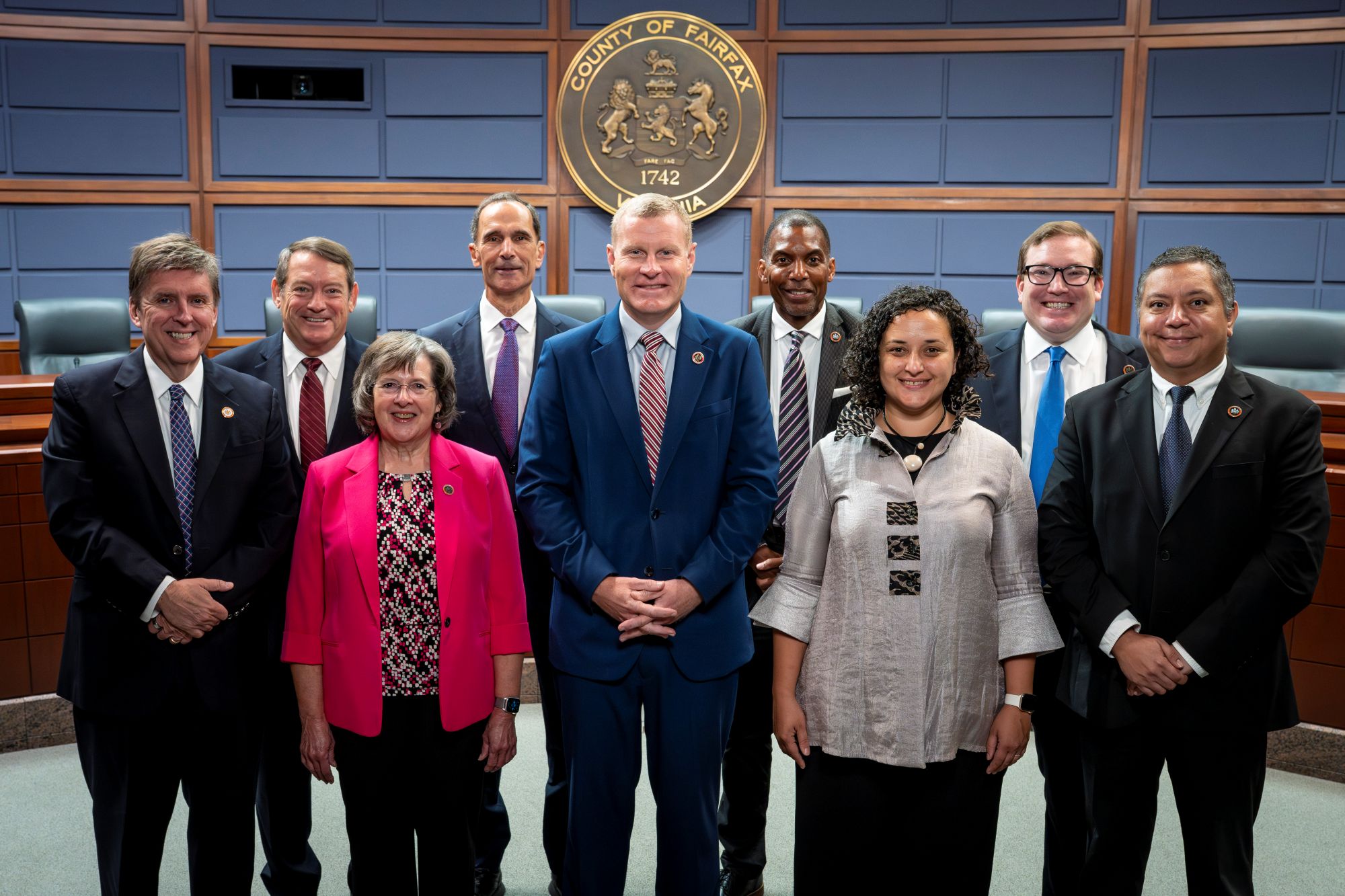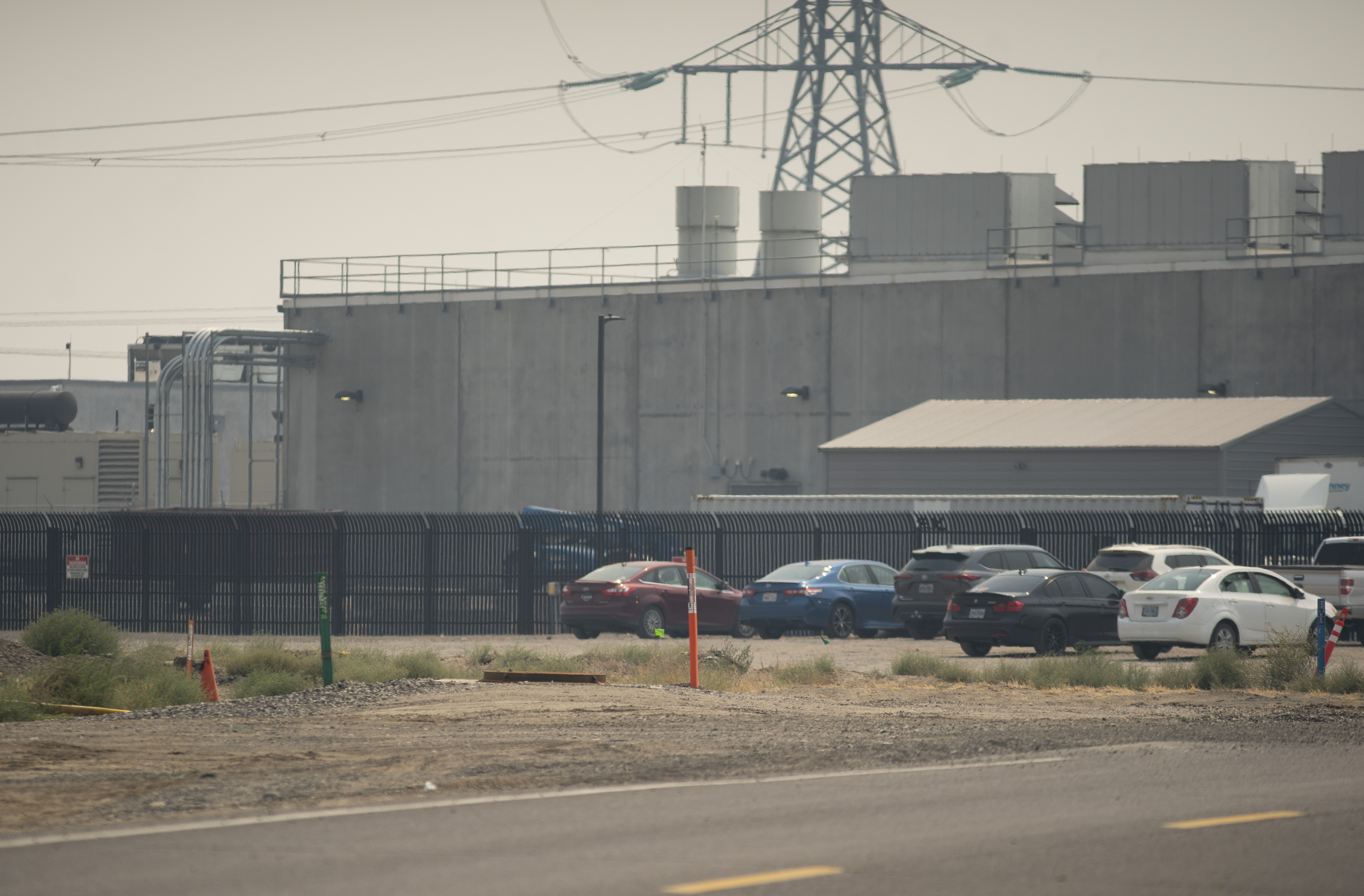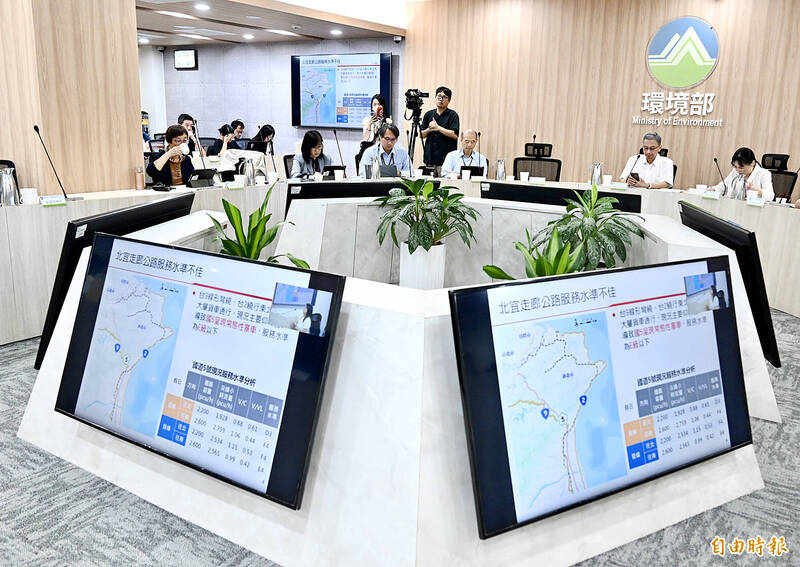Report on Labor Dispute Resolution and its Impact on Sustainable Urban Development
Executive Summary
A labor dispute involving Republic Services and the Teamsters union led to a significant disruption in municipal waste collection across King and Snohomish counties. The subsequent resumption of services highlights critical intersections between labor rights, urban infrastructure, and the United Nations Sustainable Development Goals (SDGs). This report analyzes the event’s implications, with a focus on SDG 8 (Decent Work and Economic Growth), SDG 11 (Sustainable Cities and Communities), and SDG 12 (Responsible Consumption and Production).
Analysis in Relation to SDG 8: Decent Work and Economic Growth
The core of the service disruption was a labor strike rooted in the pursuit of decent work, a central tenet of SDG 8. The conflict underscores the importance of protecting labor rights and promoting secure working environments.
- Cause of Strike: Members of Teamsters Locals 252 and 25 initiated a work stoppage to secure improved pay, benefits, and working conditions from their employer, Republic Services.
- Labor Rights: The strike action represents a fundamental exercise of labor rights aimed at achieving fair compensation and safe working environments, aligning with SDG Target 8.8, which calls for the protection of such rights for all workers.
- Economic Disruption: The nationwide work stoppage had a ripple effect, halting essential economic activity in multiple municipalities, including Kent, Bellevue, Renton, and Edmonds.
Implications for SDG 11: Sustainable Cities and Communities
The halt in waste collection directly threatened the sustainability and health of affected urban communities, demonstrating the fragility of essential services as outlined in SDG 11.
- Municipal Waste Management: The failure to collect garbage represents a direct challenge to SDG Target 11.6, which aims to reduce the adverse environmental impact of cities by improving municipal waste management.
- Public Health and Environment: The accumulation of uncollected waste poses significant public health risks and environmental hazards within residential areas, undermining the goal of creating safe, resilient, and sustainable cities.
- Service Restoration: The resumption of collection is a critical step in restoring the environmental integrity and operational stability of the affected communities.
Impact on SDG 12: Responsible Consumption and Production
Effective waste management is a cornerstone of achieving sustainable consumption and production patterns. The service disruption interrupted the circular economy and waste reduction efforts central to SDG 12.
- Waste Hierarchy Disruption: The inability to collect waste, including recyclables, directly impedes progress toward SDG Target 12.5, which seeks to substantially reduce waste generation through recycling and other measures.
- Systemic Vulnerability: The event highlights the dependency of responsible production and consumption systems on a stable and fairly compensated workforce to manage waste streams effectively.
Operational Status and Path Forward
Republic Services has announced the resumption of services, though details regarding the resolution of the labor dispute remain undisclosed, leaving questions about long-term stability and adherence to SDG principles.
- Service Resumption: All residential collection services in King and Snohomish counties were scheduled to resume on Monday, July 21.
- Stated Cause for Resumption: The company stated that the cessation of picketing by Teamsters from Boston and other areas allowed local drivers to return to work.
- Customer Instructions: Residents have been advised to leave all waste and recycling containers out for collection on their normally scheduled day as the company works to address the backlog.
- Uncertain Resolution: The announcement did not specify whether a formal agreement on wages and working conditions had been reached, indicating that underlying issues related to SDG 8 may not be fully resolved.
1. Which SDGs are addressed or connected to the issues highlighted in the article?
SDG 8: Decent Work and Economic Growth
- The article focuses on a labor strike by trash collectors from Teamsters Locals 252 and 25 against Republic Services. The core reason for the strike was the workers’ demand for “better pay, benefits, and working conditions,” which directly aligns with the principles of decent work promoted by SDG 8.
SDG 11: Sustainable Cities and Communities
- The strike resulted in a disruption of essential municipal services, specifically “needed recycling and waste collection.” The article notes the “lack of garbage pickup” in multiple cities and that residents had to haul their own garbage. This issue is directly related to municipal waste management, a key component of creating sustainable and functional cities as outlined in SDG 11.
2. What specific targets under those SDGs can be identified based on the article’s content?
SDG 8: Decent Work and Economic Growth
-
Target 8.8: Protect labour rights and promote safe and secure working environments for all workers.
- This target is central to the article’s narrative. The strike by the Teamsters union is an exercise of labor rights to advocate for improved working conditions. The article mentions the strike was over “unfair labor practices” and the workers’ vow to “stay off the job until they received better pay, benefits, and working conditions.”
-
Target 8.5: By 2030, achieve full and productive employment and decent work for all women and men… and equal pay for work of equal value.
- The workers’ demand for “better pay” directly connects to this target’s emphasis on decent work and fair remuneration. The strike action is a method used to negotiate for wages that the workers consider to be of “equal value” for their labor.
SDG 11: Sustainable Cities and Communities
-
Target 11.6: By 2030, reduce the adverse per capita environmental impact of cities, including by paying special attention to air quality and municipal and other waste management.
- The article highlights a breakdown in municipal waste management due to the strike. The statement that Republic Services needs to “get caught up with needed recycling and waste collection” and the fact that residents had to haul their own garbage underscore the importance of consistent and effective waste management systems, which is the focus of this target.
3. Are there any indicators mentioned or implied in the article that can be used to measure progress towards the identified targets?
For Target 8.8 (Protect labour rights)
- Indicator: Frequency of strikes and lockouts (related to Indicator 8.8.2: Level of national compliance with labour rights). The article is entirely about a “labor strike,” “nationwide work stoppage,” and “picketing” by the Teamsters union. The existence and conclusion of this strike serve as a direct indicator of the exercise of collective bargaining and labor rights.
- Indicator: Demands for improved working conditions. The specific demands for “better pay, benefits, and working conditions” are qualitative indicators of the state of the working environment for these employees.
For Target 11.6 (Municipal waste management)
- Indicator: Proportion of municipal solid waste collected and managed in controlled facilities (related to Indicator 11.6.1). The article implies a failure in this indicator by stating there was a “lack of garbage pickup” and that collection services were halted. The announcement that Republic Services will “resume all collection services” and that customers should “leave out all containers” indicates the restoration of waste collection services, which is a measure of progress toward this target.
4. Table of SDGs, Targets, and Indicators
| SDGs | Targets | Indicators |
|---|---|---|
| SDG 8: Decent Work and Economic Growth | 8.8: Protect labour rights and promote safe and secure working environments for all workers. | The occurrence of a “labor strike” and “picketing” by the Teamsters union as an exercise of labor rights. The workers’ demands for “better pay, benefits, and working conditions.” |
| 8.5: Achieve full and productive employment and decent work for all… and equal pay for work of equal value. | The demand for “better pay” by striking workers. | |
| SDG 11: Sustainable Cities and Communities | 11.6: Reduce the adverse per capita environmental impact of cities, including by paying special attention to… municipal and other waste management. | The disruption (“lack of garbage pickup”) and subsequent resumption of “all collection services for residential customers,” indicating the status of municipal solid waste collection. |
Source: komonews.com






